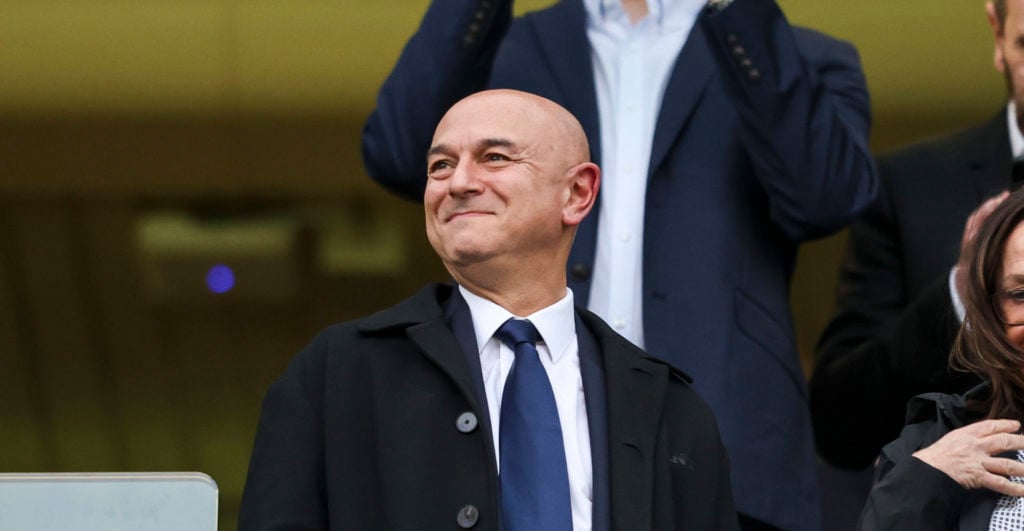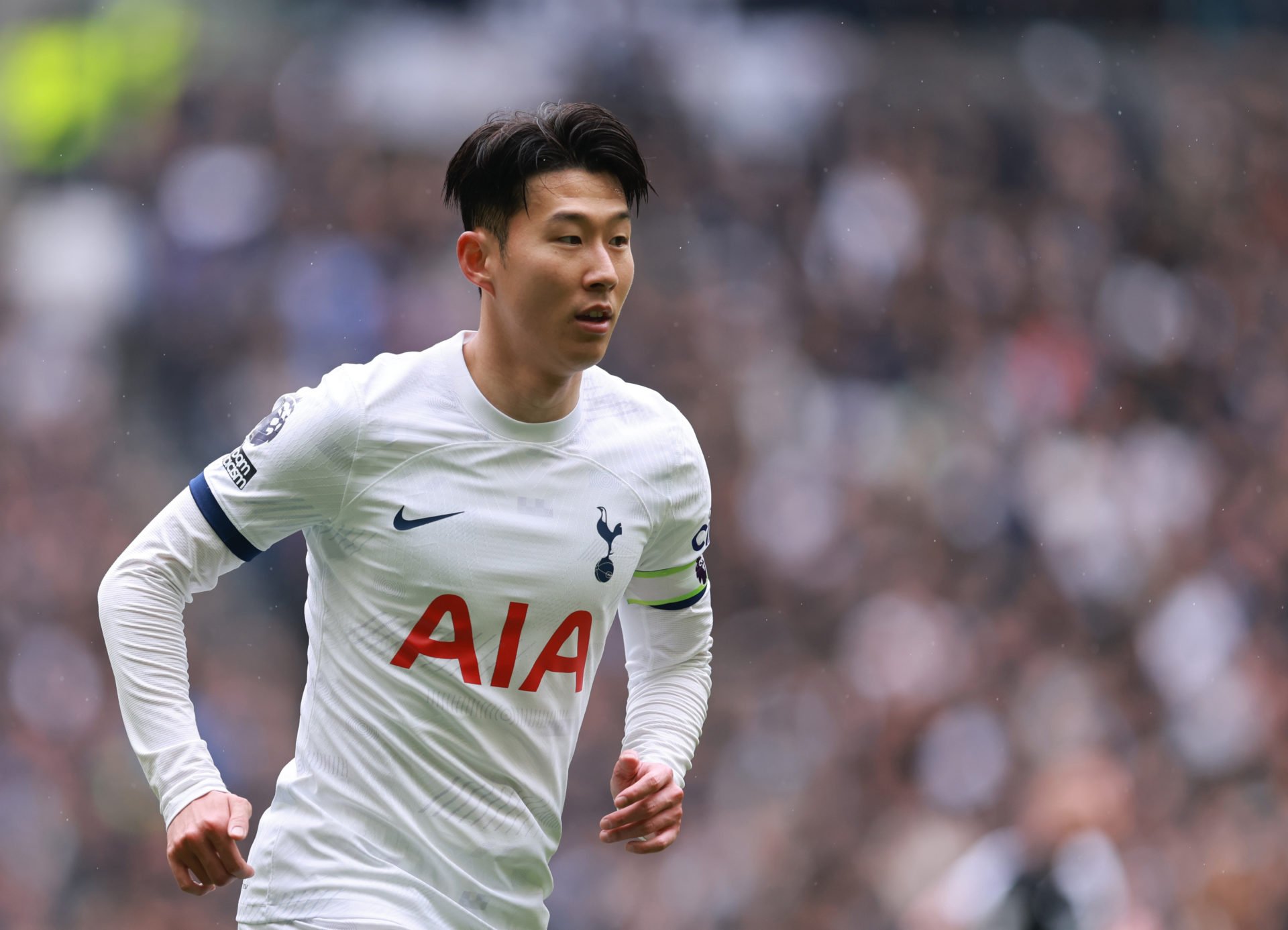Tottenham are locked into a hugely lucrative £450m commercial partnerships, but new developments illustrate the risks that come with a long-term deal.
Spurs are a commercial juggernaut and one of the most attractive propositions in world football to potential sponsors.
They have partnered with a number of blue-chip brands in AIA, Nike and Formula One, while they have also been linked with the likes of Google and Amazon.
The Nike deal is second only to their front-of-shirt partnership with AIA in terms of value, generating £30m per year over a mammoth 15-year contract length.
That’s £450m in total.
Elite clubs are increasingly signing longer-term kit deals, with all of the ‘Big Six’ besides Liverpool tied into 10-year-plus partnerships.
But although this approach guarantees cash flow, it also presents a number of hazards.
Nike experiencing difficulties
As relayed by Forbes, Nike are experiencing a number of financial difficulties after reporting their quarterly results this week.
Year-on-year revenue for the quarter was down by two per cent to £9.94bn, with the company’s stock price plummeting in response.
The results are widely seen as a major issue for Nike, who are also dealing with a class-action securities fraud lawsuit with potentially critical repercussions.
Needless to say, Nike are big enough to weather the storm. However, the turbulence could have a knock-on effect on Spurs.
Staggeringly, Nike spend almost 15 per cent of their revenue on advertising.
And cutbacks in this department could lead to a downturn in sales of Spurs’ recently released kits for 2024-25.
In all likelihood, any effect on Spurs would be minimal, but the issues experience by Nike do illustrate the dangers of being locked into such a long-term deal.
How does commercial income impact Spurs’ PSR position?
Thanks to Daniel Levy’s sustainability-first approach, Spurs are uniquely well positioned to navigate the Premier League’s spending rules.

The investment in their stadium and their maturing commercial operation means their operating income is among the highest in Europe.
And in an era when clubs’ ability to spend is inextricably tied to their turnover, Levy’s approach is being thoroughly vindicated.
Related Topics

Robert Johnson is a UK-based business writer specializing in finance and entrepreneurship. With an eye for market trends and a keen interest in the corporate world, he offers readers valuable insights into business developments.







